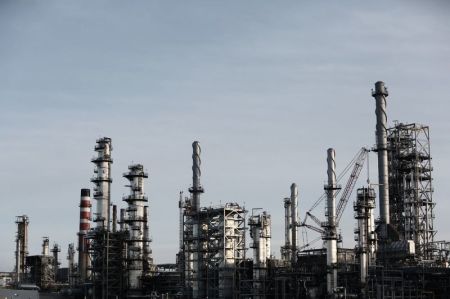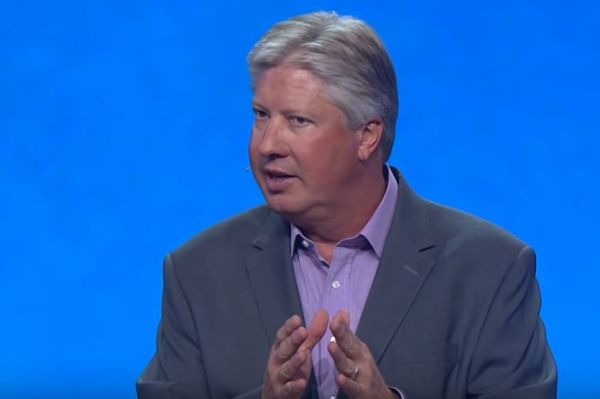How "sustainable investing" emboldens Putin

Typically publicly traded companies, i.e., companies that the general public can invest in such as those that people buy and hold in their IRA or 401(k) accounts, are required to have annual meetings at which the shareholders of the companies can exercise their authority as owners. Shareholders have the authority to elect the members of the board of directors, vote on various proposals regarding company policy, and put questions to the leaders of the company. The system is somewhat similar to our form of civil government, which is based on the consent of the governed, with the shareholders playing a role similar to that of citizens, with rights to vote. Shareholder meetings are a bit like townhall meetings, and proposals are similar to what happens at the state level when initiatives are placed on the ballot, putting policy questions directly to the public. There are a few differences, but the system is generally quite similar.
We're now entering the season of the year in which there is a large number of shareholder annual meetings. An issue that is coming up in many meetings in the near future is something called "climate action plans." Climate action plans typically decrease a company's investments in energy sources that emit carbon, in order to decrease global warming.
On April 9th, UBS bank will hold its annual meeting at which it is asking its shareholders to endorse a climate action plan that would severely limit the ability of the bank to invest in fossil fuels, energy generation companies, and certain real estate companies. The proposal is listed in the annual Proxy Statement, which is the document publicly traded companies release before annual shareholder meetings providing background information and outlining proposals which shareholders are able to vote on. The proposal calls for a number of severe curtailments in financing the use of fossil fuels, including a diminution in financing of fossil fuel emissions of carbon by 71%.
In other words, a business is planning to forego doing business with certain customers based on a particular side of an ideological debate. There are experts who believe there is a recent increase in global temperatures; that the cause of that increase is human industry (as opposed to, for example, natural solar cycles); that the consequences of this warming will on balance turn out to be bad for humanity; that those bad consequences are greater than the benefits of fossil fuels, and that limitations the developed world puts on fossil fuels would reduce fossil fuel use rather than simply shifting such activity towards industrializing economies in the developing world. There are other experts who take the other point of view on each link in that chain of reasoning. Those disagreements fall roughly along political lines, and to some degree along religious lines in that climate alarmism bears a striking resemblance to an apocalyptic element of a nature-worship religion. For a company to forego profitable investments by taking one side in a cultural divide is to put the personal predilections of the managers ahead of the interests of the owners whom they are supposed to serve. Paul taught, "Moreover, it is required in stewards, that a man be found faithful." Corporate managers are stewards of the assets of the owners of the companies they manage.
Of course, all of this seemed rather academic until lately. With recent spikes in aggression from the Russian state, any actions that end up penalizing energy production from the developed world will tend to increase energy prices (which helps Putin) and push industrial production away from the industrial West (which will also tend to help Putin, as well as some other dangerous powers). This fact overrides any claim that divesting from fossil fuels serves some social justice purpose higher than profit. In this case, though not in all cases, shareholder interests align with human dignity and flourishing. Fossil fuels had the power to move the world from mass poverty to a standard of living exceeding anything in human history, and in this moment, it is to the good of the world that we do not concede more of that power to the world of Russia, Iran, Venezuela, and the Gulf States.
Jerry Bowyer is financial economist, president of Bowyer Research, and author of “The Maker Versus the Takers: What Jesus Really Said About Social Justice and Economics.”





















